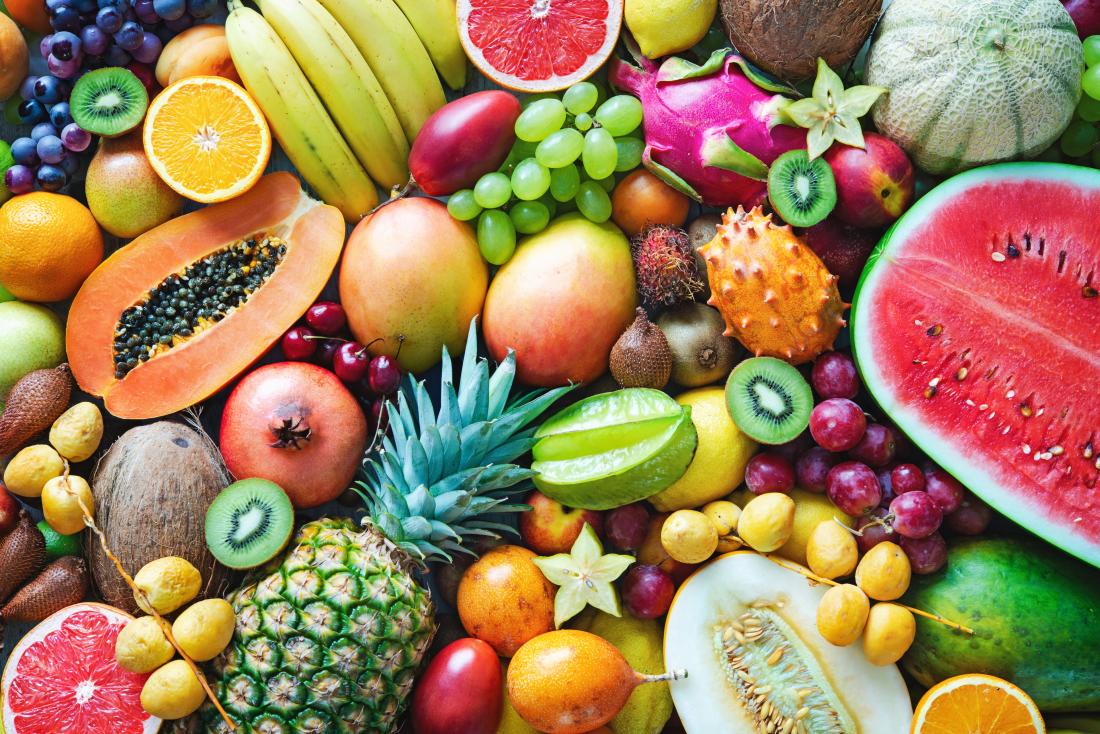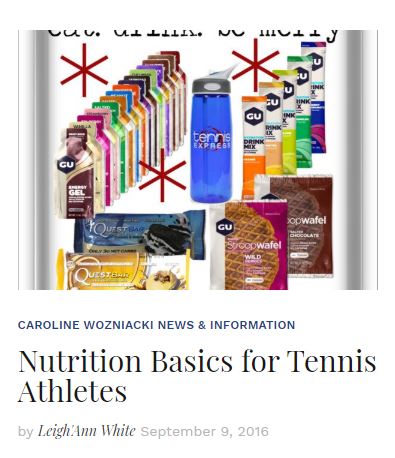Tennis players have to endure some pretty tough conditions when they’re out on court. Just look at the recent 2019 Men’s Wimbledon Singles Final between Novak Djokovic and Roger Federer. It started in the middle of the day, in 80+ degree sunny temperatures, and lasted almost 5 hours on court. That’s a lot of tennis in just one day, let alone the whole tournament! But what can players do to recover in rapid time and get back out on the court? The answer starts with nutrition.
Having a balanced, nutritious diet is the key to maintaining quick recovery and feeling great even after a long-winded match or tournament. I know this is probably not the first time you’ve heard the saying, “if you put junk into your body, it will respond accordingly.” This saying is true for tennis as well as everyday life. What you put into your body is ultimately what helps your body perform and function.
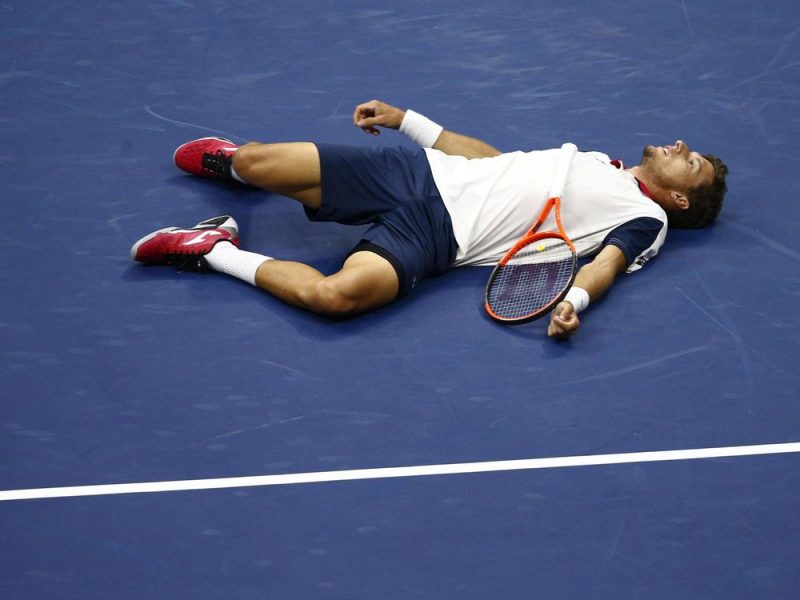
Above is Pablo Carreno-Busta in the fourth round at the 2017 US Open (Source: Sept. 7, 2017 – Source: Matthew Stockman/Getty Images North America).
For example, let’s look at Novak Djokovic. Prior to 2010, Novak suffered from heat exhaustion, vomiting, asthma, and cramps in the early rounds of grand slams. Now he’s gone on to win his 16th grand slam title, and 75th career title while barely breaking a sweat. The reason for his success is largely due to his change in diet and healthier lifestyle. He now doesn’t eat any gluten or dairy products, and cuts out sugar whenever possible. Even though he cut these foods out due to several allergic reactions, the solution was simple, and now he’s reaping in the benefits.
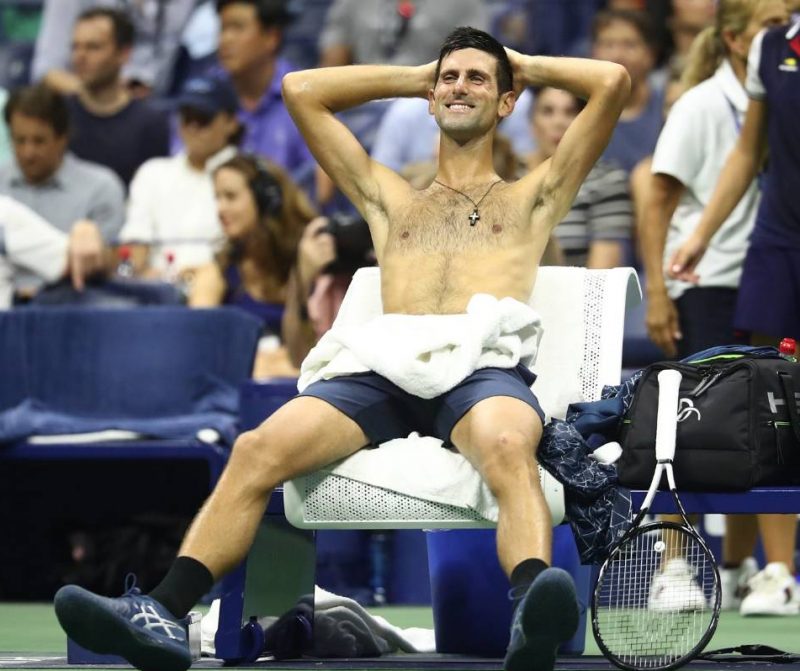
Above is Novak Djokovic in his fourth round match at the 2018 US Open (Sept. 4, 2018 – Source: Julian Finney/Getty Images North America).
You may not need to go to extreme measures like Djokovic to get healthier, but a great place to start is to analyze what your body is taking in on a consistent basis. Below are some basic guidelines you can follow to help yourself become a “healthier” tennis player.
1. Pre-Match Meal (3-4 Hours Before)
Before a match or tournament, you should focus on putting good carbs, proteins and fats into your body so it can operate efficiently during your match. You want to look for high-energy foods that are low in fat, higher in carbs with less fiber, and high in protein. Examples include oatmeal, non-fat Greek yogurt, sugar-free fruit smoothies, hard-boiled eggs, peanut butter, toast, fruits, crackers and grilled turkey or chicken.
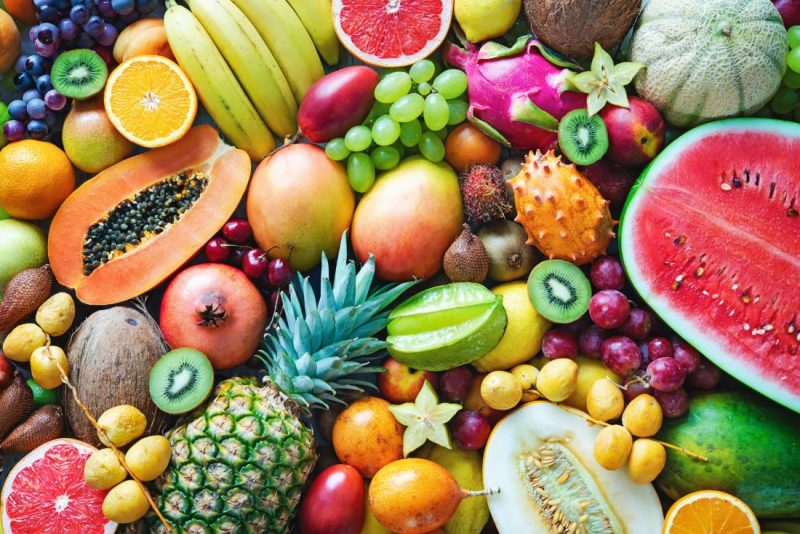
2. Just Before Your Match (15-45 Minutes Before)
Now just because you ate hours before your match doesn’t mean you shouldn’t eat anything when you’re starting to warm-up and get ready to play. Depending on how fast your metabolism works, you may want to have a light snack right before going on court to give yourself a boost of energy. This can include sports drinks, energy chews, fuel bars, non-caffeinated energy gels, fruit and granola bars to name a few.
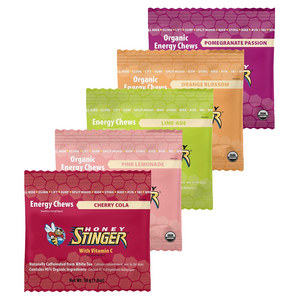
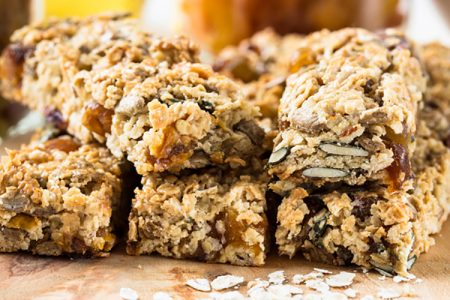
3. During Competition
Similar to just before your match, you should be eating a little snack every hour in addition to keeping yourself well hydrated. This keeps your body in the right mindset and at optimal performance for the long haul. Go for carbs that are easy to digest, and not heavy in fake sugars like high fructose corn syrup. Some examples are energy bars, dates or other fruits, non-caffeinated energy gels, and granola bars.
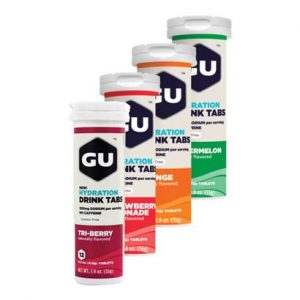
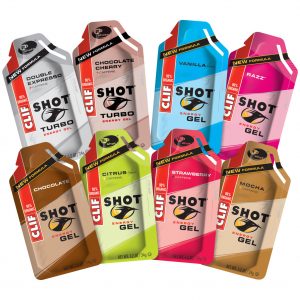
4. Post-Match Meal (30+ Minutes After)
Regardless of how many matches you have to play in the same day, it’s important to replenish your body with fuel. Obviously, someone with a match again in a couple of hours won’t be able to have a heavy meal, but they may want to eat something a little more substantial than just a snack to help them recover faster. Remember that you don’t want to just eat anything after you’ve played a long, tough match. Yes, you may feel exhausted, but the essential thing is to eat carbs as soon as you feel ready. If you’ve finished playing for the day, try to have a high-carb, low-in-fat meal within 2 hours of your match. This will help refuel your body with all that was lost when you were on court. Options for this include whole wheat pasta, stir fry, grilled chicken or turkey breast, vegetables, protein shakes, nuts or seeds, salads, smoothies, pancakes or waffles (limit the maple syrup), eggs, and potatoes. The good thing about the post-match meal is you don’t have to limit yourself too much on what you can or can’t eat.
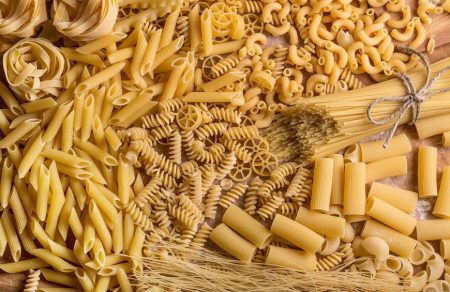
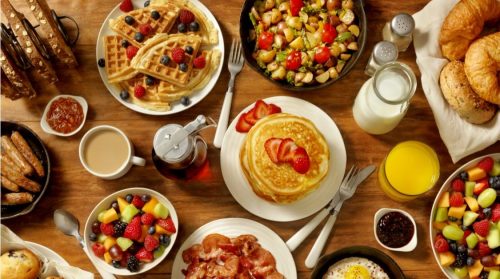
5. Don’ts (Very Important)
No matter what you do, these are some foods and drinks you should not have if you want to become a healthier tennis player: Caffeinated drinks, fried or fast food, sodas or carbonated drinks, high-in-sugar sweets or desserts and lots of alcohol. Yes, I know most of the greatest foods/drinks ever created are in this section, but this only hinders your performance when you go out to train or compete. Cutting out these items will not only help you perform better on court, but will help you feel better on a day-to-day basis, as well. If you feel the need to indulge, do so in moderation at the very least. What’s more important: Eating that big, sugary piece of cake, or putting yourself in a better position to win an important match?
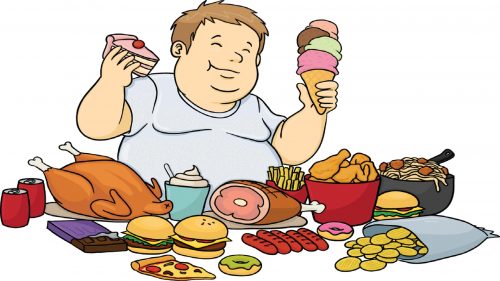
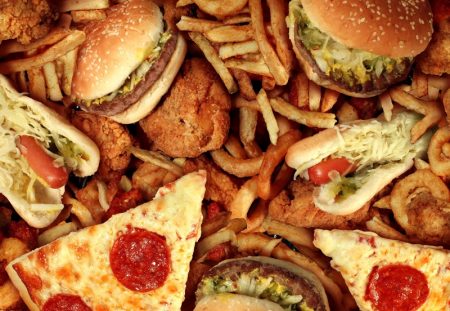
So if you want to become a healthier tennis player, the best thing you can do is change your nutrition intake and eating habits. We have seen many pros on tour hire nutritionists and physiotherapists to keep themselves at tip-top shape from tournament to tournament. However, these extremes are not necessary for the everyday tennis player! Just make some adjustments to your diet and focus on the fundamentals so you can perform at the best level possible. Head over to Tennis Express today to see the many different nutrition options we have to help you succeed during your next match or tournament.
For More:

